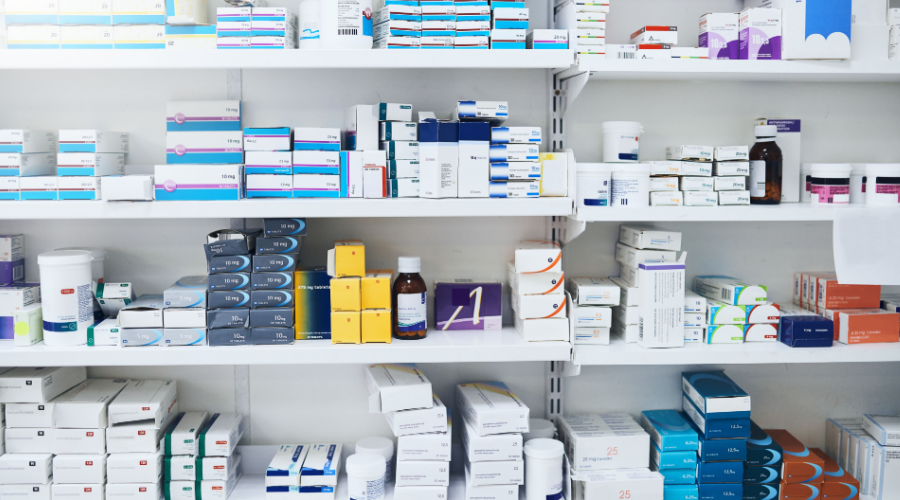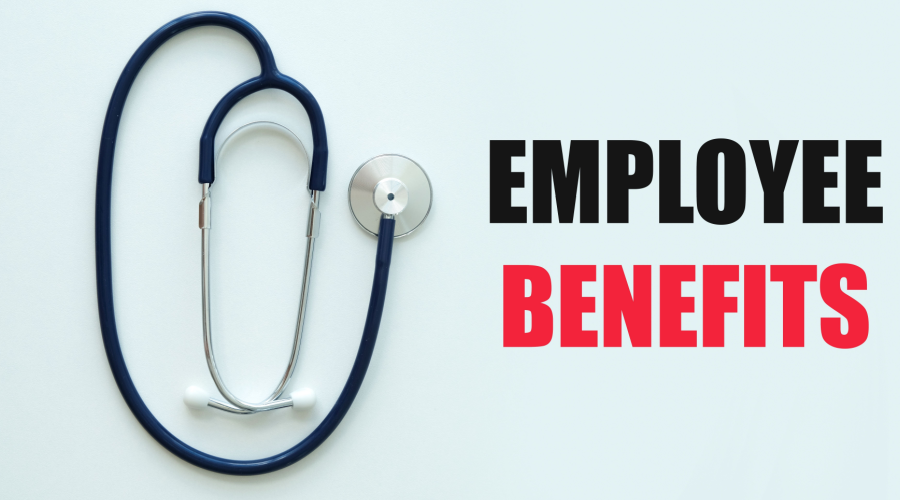Inside: Independent pharmacies are in a perfect position to talk with patients about mental health and to conduct depression screenings.
Sixteen million American adults suffer from depression.
That number grows by 20 percent every year and it doesn’t account for the cases that go undiagnosed. That’s one reason the United States Preventative Services Task Force (USPSTF) recently issued an official recommendation to screen every adult for depression.
But screening every adult is easier said than done. For one, depression is a sensitive subject. “It has this horrible stigma associated with it, so we never talk about it,” said Jake Galdo, Pharm.D., BCPS, BCGP, assistant professor and director of the community pharmacy residency program at the McWhorter School of Pharmacy at Samford University in Birmingham, Ala.
Independent pharmacists are in a perfect position to talk with patients about mental health. They can serve as a source of information on topics patients may feel reluctant to bring up with other providers. “We’re one of the most trusted providers and patients see us on a regular basis,” Galdo said. “Patients feel comfortable talking to us and we’re there to help out.”
Pharmacists not only make it easier for patients to share their worries, they also provide easier access to mental health care. The average patient will visit an independent community pharmacy an average of 43 times a year, Galdo said. “We’re the most accessible health care provider.”
So, why don’t more pharmacies offer depression screenings?
Galdo said more pharmacies would offer screenings if they got paid for them. He and his colleagues at the Samford University McWhorter School of Pharmacy conducted a study to see if payment makes pharmacies more willing and able to provide mental health screenings. “We knew cognitively that any pharmacist could do this service,” Galdo said. “So, the question was if we paid a pharmacist, do we get better results?”
The study, funded through a grant from the Community Pharmacy Foundation (CPF), provided revealing insights.
A look at the study
Ten pharmacies received a Depression Screening In Pharmacies (DSIP) toolkit that included scripts, workflow, algorithms, and forms that pharmacists could use to implement the screenings.
They used the standard two-question Patient Health Questionnaire 2 (PHQ-2) survey for initial evaluation.
If patients tested positive on the PHQ-2, they then took the PHQ-9, a nine-question survey that ends with, “Thoughts that you would be better off dead or hurting yourself in some way.”
Pharmacy staff offered the service once a week as a one-time event. If a patient tested positive, the pharmacy linked them to care within seven to 10 days. Five randomly selected pharmacies received a $15 reimbursement per screening. The other five pharmacies didn’t receive any payments for the screenings.
The researchers compared the two groups for the number of patients screened, average cost to administer the service, and patient-centered outcomes.
After six months, the pharmacies that didn’t get paid didn’t offer any screenings. But, 60 percent of the pharmacies paid for the screenings did offer the screenings. From the results, Galdo concluded, “If you pay a pharmacist to do a screening, they’re going to do more of it and help more patients.”
Reimbursement and depression screenings
The study provides evidence for the importance of reimbursing pharmacists for offering depression screenings. “Now we have literature that says if you pay us, we’ll be able to do it. We connect patients to care and we save lives,” Galdo said.
A payment model for this service would work best when pharmacists attain provider status, Galdo said. Within that system, pharmacists could bill payers directly for the service using the depression CTT code and get reimbursed the $17.36. “The pharmacist could put up a sign that says, ‘We offer depression screening.’ And you could provide the screening for any patient that walks into the pharmacy,” he said.
If pharmacists can do that, patient outcomes will improve. And patients will have an accessible place to go that they can trust. “Pharmacists, particularly independent community pharmacists, can have a real impact on becoming a mental health haven for patients,” Galdo said.
Read more and access the materials used in the study.
Watch it
Hear firsthand from a pharmacist about how providing depression screenings helped change a patient’s life.
As part of the study, “Impact of Depression Screenings in Community Pharmacies,” by the Samford University McWhorter School of Pharmacy, researchers created a video testimonial of a pharmacist explaining how a patient he had known for 15 years had suicidal thoughts and received help. All because of a pharmacy depression screening.
Want more pharmacy business tips and advice? Sign up for our e-newsletter.











